What Really Makes a Great Entrepreneur? 10 Traits That Stand Out
Entrepreneurship is hard to describe until you’ve lived it. It’s thrilling, exhausting, often lonely, and occasionally life changing. Some founders make it look easy. Most of us know the truth: it’s anything but.
So, what separates the ones who build something that lasts, from the ones who burn out or stall?
It’s not just luck or funding or having the “right idea.” Great entrepreneurs tend to share a set of traits—mindsets, instincts, and habits, that shape how they operate when things get tough (and they always get tough).
And if you’re thinking of starting your own business, these traits can act like a compass: not a checklist, but a guide for where to build your strengths.
1. Insatiable Curiosity
The best founders are obsessive learners. They don’t need to be told to dig deeper—they want to. They question everything: customer behaviour, market trends, operational bottlenecks.
Elon Musk didn’t enter the rocket business with aerospace credentials. He read every textbook he could find and hired people smarter than him. Melanie Perkins, Canva’s co-founder, spent years understanding design frustrations before launching a product.
Spend time learning the industry before you build anything. Read, talk to customers, interview competitors’ users. Curiosity saves you from building the wrong thing.
2. Bias Toward Action
Speed beats perfection. The best entrepreneurs don’t get stuck in planning. They build, test, iterate, and learn, fast.
Mark Zuckerberg’s “Move fast and break things” isn’t about chaos, it’s about momentum. Reid Hoffman (LinkedIn) famously said: “If you’re not embarrassed by your first version, you’ve launched too late.”
Launch before you’re ready. Get feedback early. Perfection kills progress.
3. Resilience in the Face of Rejection
Every founder hears “no.” Some hear it every week. Rejections from investors. Lost customers. Failed launches.
Brian Chesky was laughed out of rooms pitching Airbnb in 2008. No one believed in it. So he sold novelty cereal boxes to fund operations. Today, it’s a multi-billion-dollar company.
Rejection doesn’t mean your idea’s bad, it means it’s early or misunderstood. Keep going. Adapt. Let the punches teach you.
4. Big Vision, Ground-Level Hustle
Great entrepreneurs dream big, but don’t float above the details. They inspire with vision and stay close to the work.
Sara Blakely, founder of Spanx, started by cold-calling stores and pitching in-person while packing boxes herself. She knew where she wanted to go, but also how to get the next sale.
Think big, start small. You don’t need a full roadmap on day one, but you need a clear next step.
5. Emotional Intelligence
Building a company means managing people, pressure, and emotions, yours and others. Empathy, self-awareness, and communication go a long way.
Whitney Wolfe Herd (Bumble) is a master of EQ. Her brand and leadership style center around creating safe, empowering spaces, not just for users, but for employees.
Don’t underestimate culture. It starts with how you treat people when things go wrong.
6. Scrappy Resourcefulness
Startups rarely have enough, money, people, time. Great founders make things happen anyway.
Tobias Lütke, founder of Shopify, built it while trying to sell snowboards online. The tools he needed didn’t exist, so he coded them himself. Now it powers millions of businesses.
Stop waiting for the “right” time or budget. Build with what you have. Constraints are creativity’s best friend.
7. Decisiveness Under Pressure
There’s rarely perfect information. Great entrepreneurs have to make bold calls with limited data—and live with the consequences. The cost of indecision is often higher than getting it wrong and adjusting fast.
Julie Deane, founder of The Cambridge Satchel Company started the business with just £600 and had to make immediate, high-stakes decisions when a wave of press coverage sent orders surging overnight. With limited stock, no fulfilment infrastructure, and no team, she chose to double down—hiring rapidly and outsourcing production. The gamble paid off, turning her handmade bags into a global brand within months.
Be willing to make fast decisions, and don’t get stuck in analysis paralysis. You can’t steer a parked car.
8. Customer Obsession
No business survives if it doesn’t deeply solve a real problem. Great founders talk to customers constantly. They live in user feedback.
Jeff Bezos left a seat empty in meetings to represent the customer. Steve Jobs spent hours obsessing over end-to-end experiences.
Talk to at least 20 customers before writing a line of code. And don’t stop once you launch.
9. Adaptability
The idea you start with probably isn’t the one that succeeds. The best founders adapt quickly and aren’t precious about pivots.
Stewart Butterfield built Slack after his gaming startup failed. The game flopped, but the internal chat tool took off.
Fall in love with the problem, not your first solution. Be ready to shift when you learn something new.
10. Purpose Beyond Profit
Founders who endure often care deeply about why they’re building. That purpose attracts better teams and sustains motivation through tough months.
Yvon Chouinard (Patagonia) built a business around environmental activism. Tristan Walker (Bevel) created personal care products for underserved communities.
Your mission doesn’t need to be world-changing, but it needs to be real. People can feel the difference.
Final Takeaway: If You’re Just Getting Started
Starting a business isn’t about having all the answers. It’s about being willing to figure it out. Surround yourself with people who challenge you, talk to customers obsessively, and expect to fail, just not permanently.
You don’t need to be Elon Musk or Sara Blakely to build something meaningful. You just need to be consistent, curious, and stubborn enough to keep learning.
And when in doubt? Start. Most people never do…





